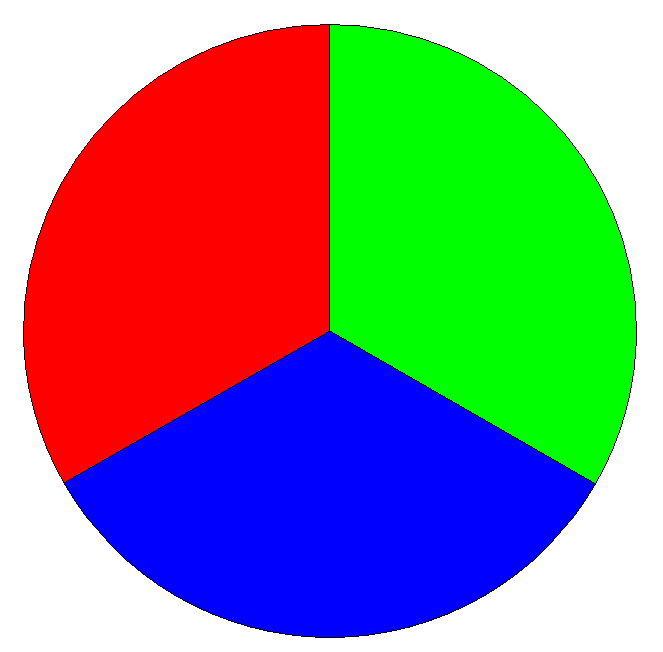
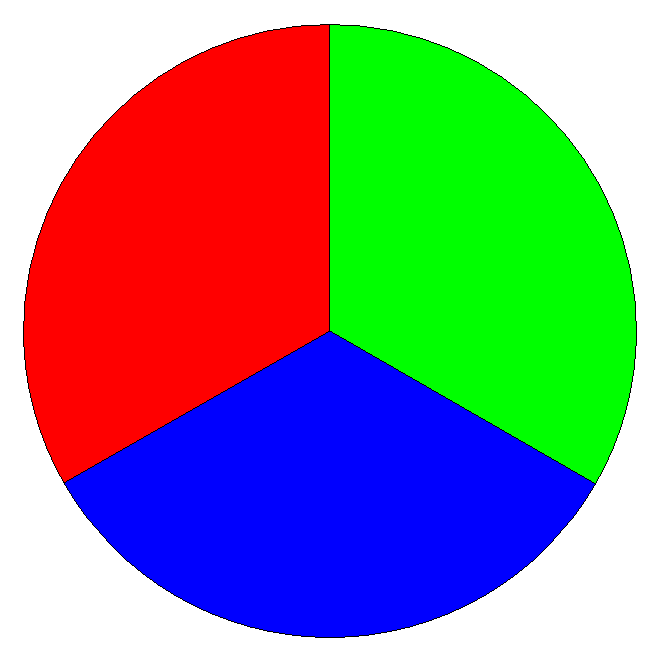 Dr. Oliver Lawrence
Dr. Oliver Lawrence
Technology and Education Social Justice Series
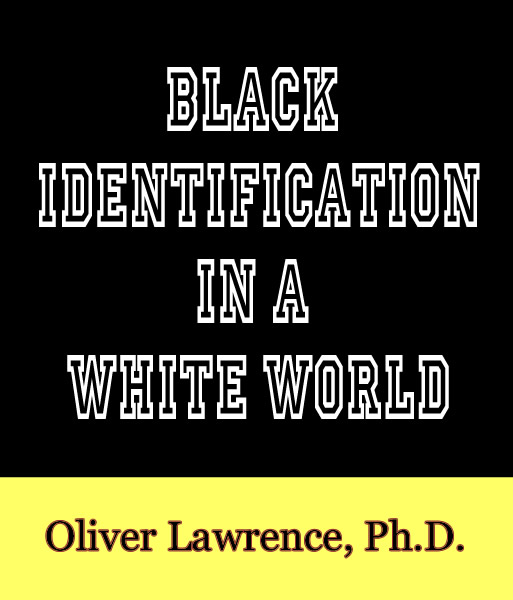
Black in a White World
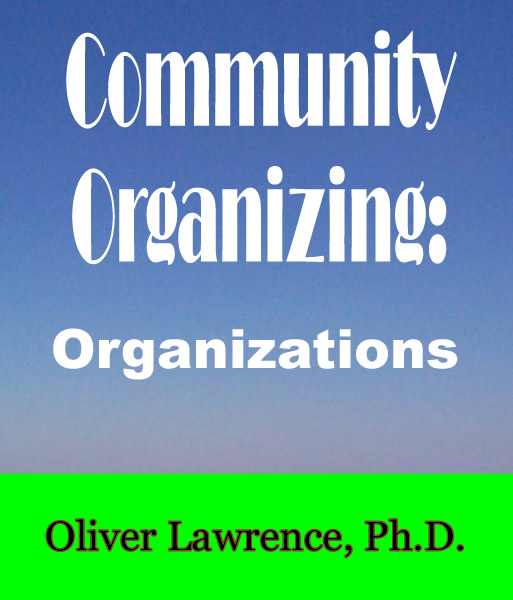
Community Organizing – Organizations

Data Mining
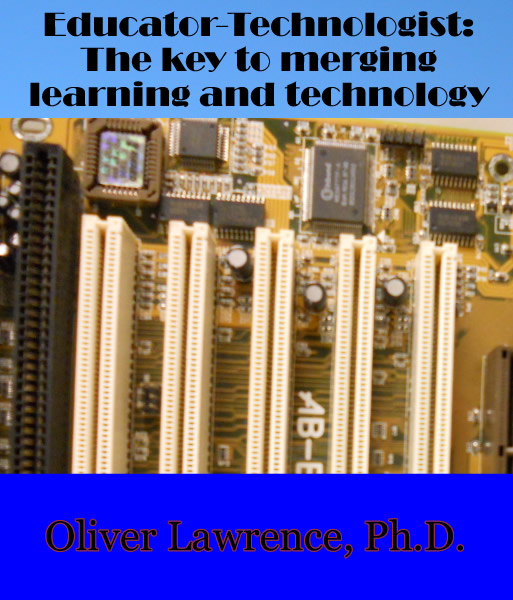
Educator-Technologist: The key to merging learning and technology
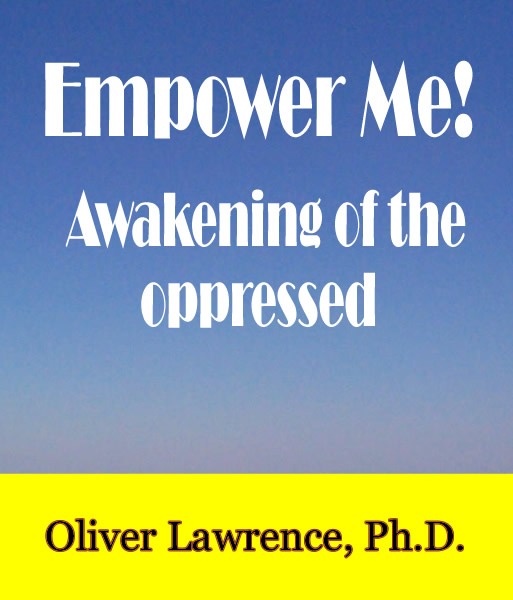
Empower Me!
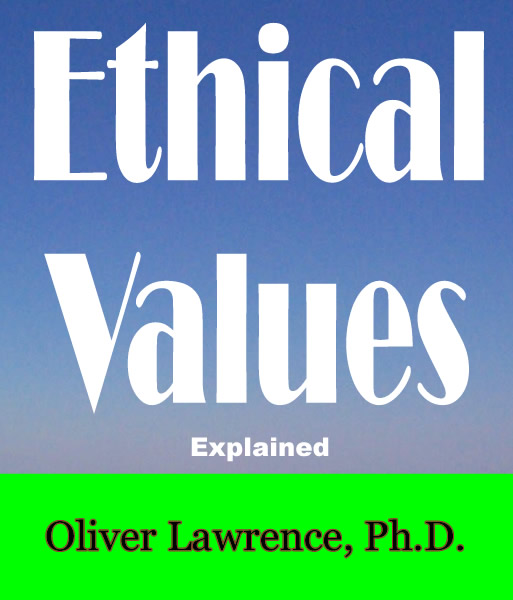
Ethical Values
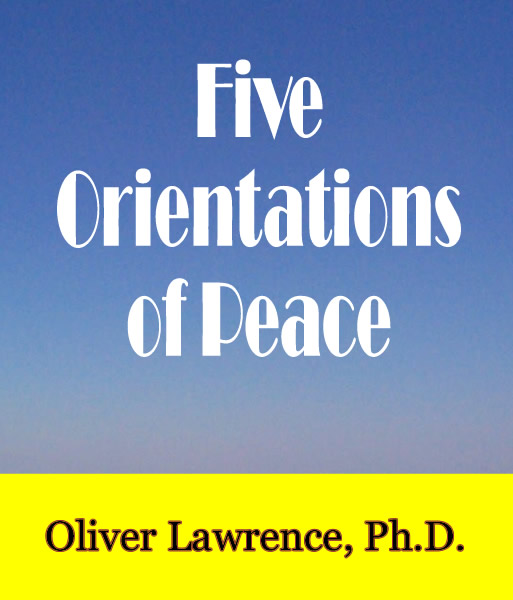
Five Orientations of Peace

Flash 2D Animation
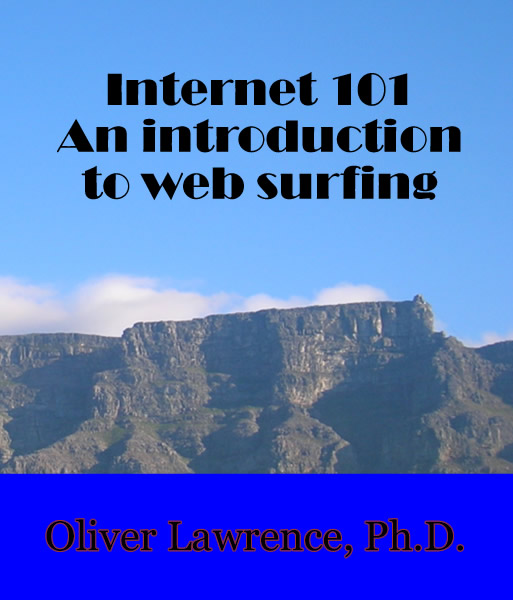
Internet 101: An introduction to web surfing (Online Learning)
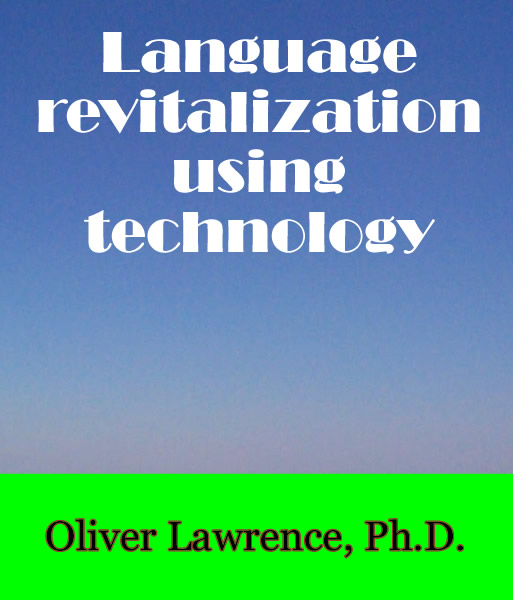
Language Revitalization using Technology
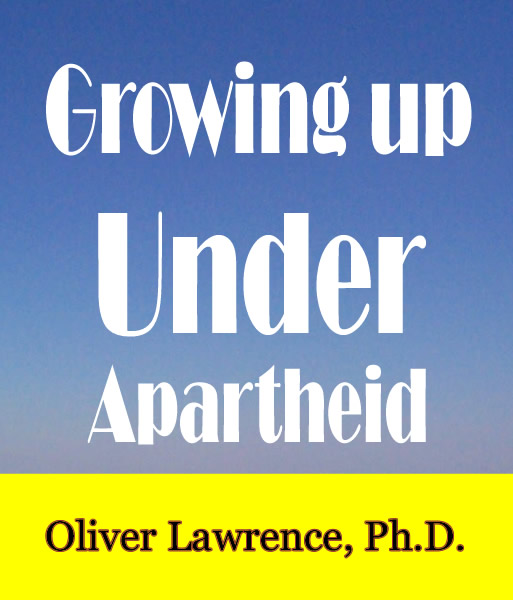
Stories from South Africa Vol. 1
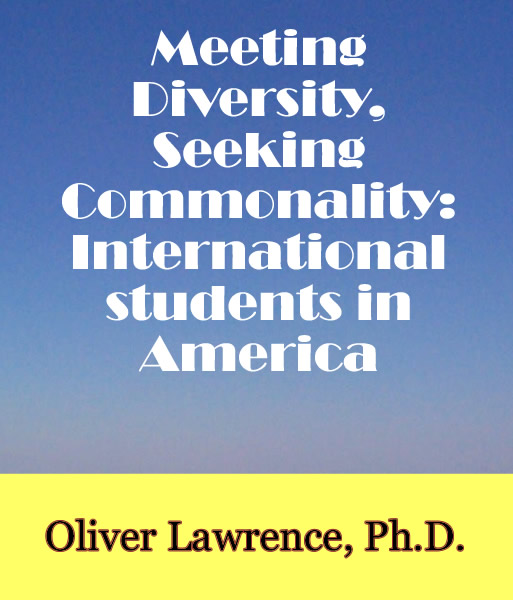
Meeting Diversity, Seeking Commonality: International students in America
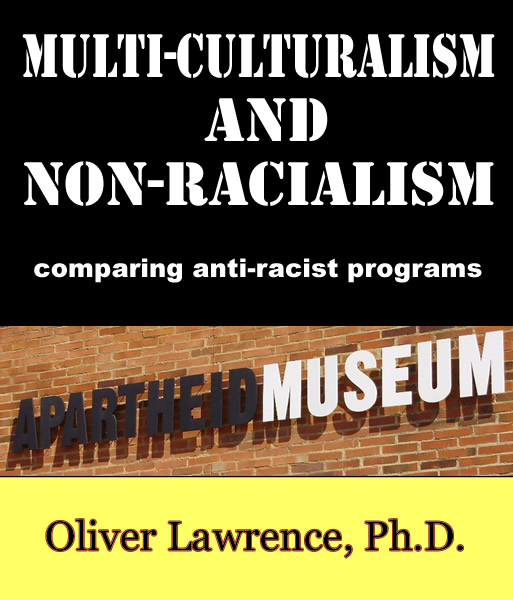
Multiculturalism and Non-Racialism: Comparing anti-racist programs
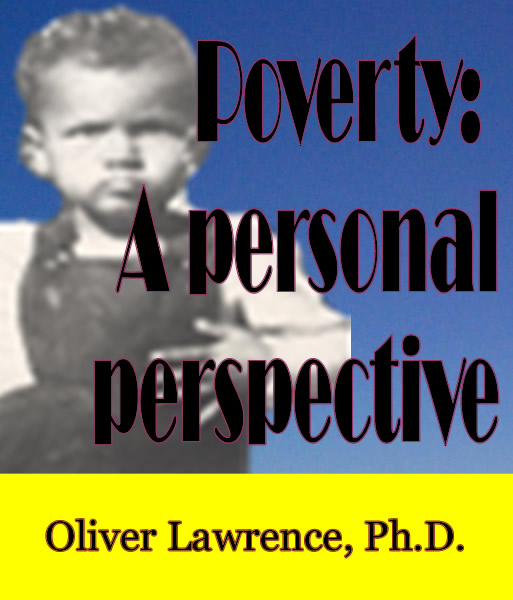
Poverty: A Personal Perspective
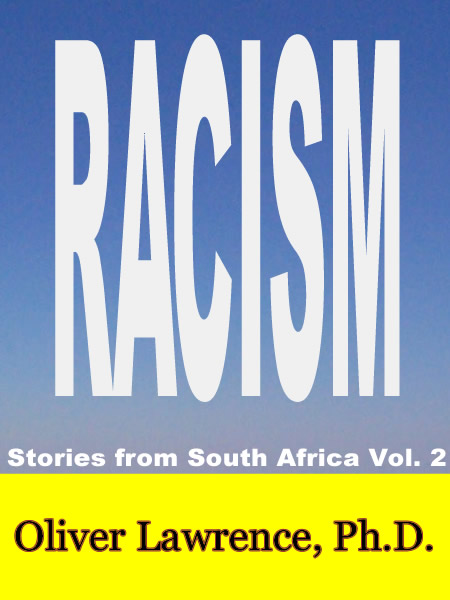
Stories from South Africa Vol. 2

Roman Numerals
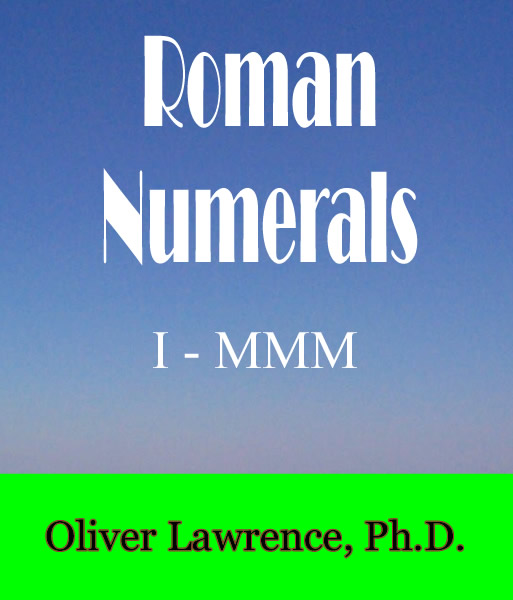
Roman Numerals
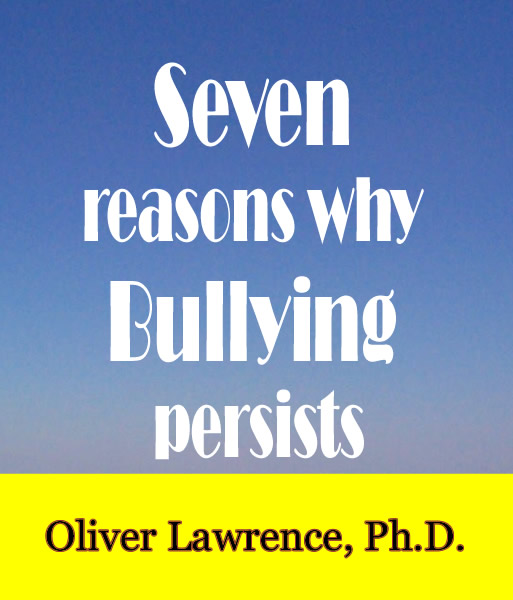
Why bullying persists
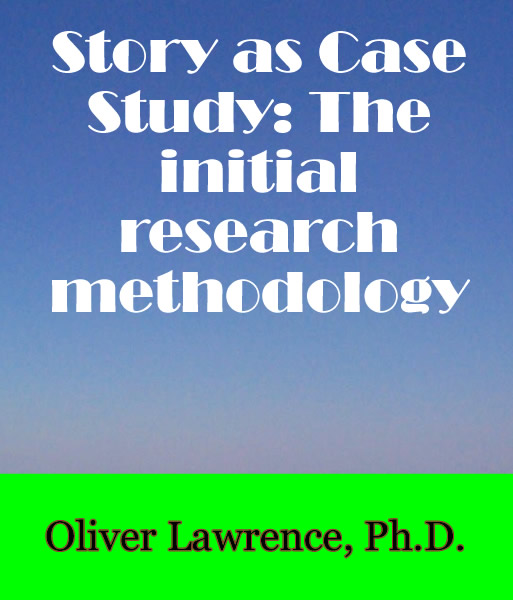
Story as Case Study
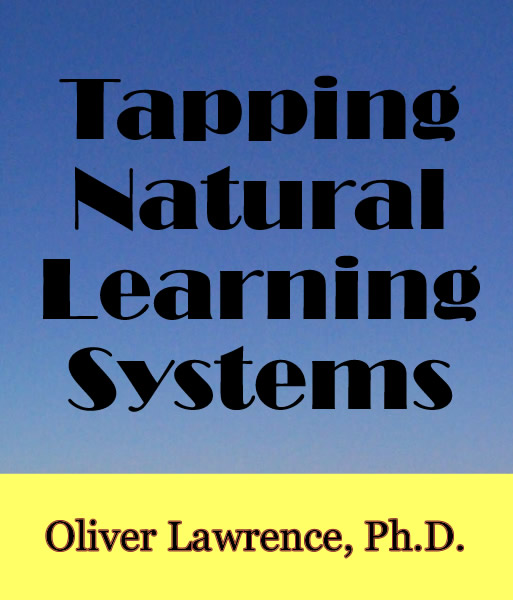
Tapping Natural Learning Systems
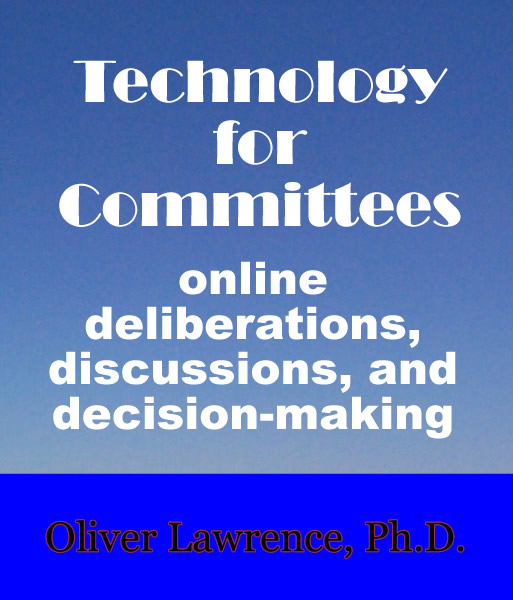
Technology for Committees:
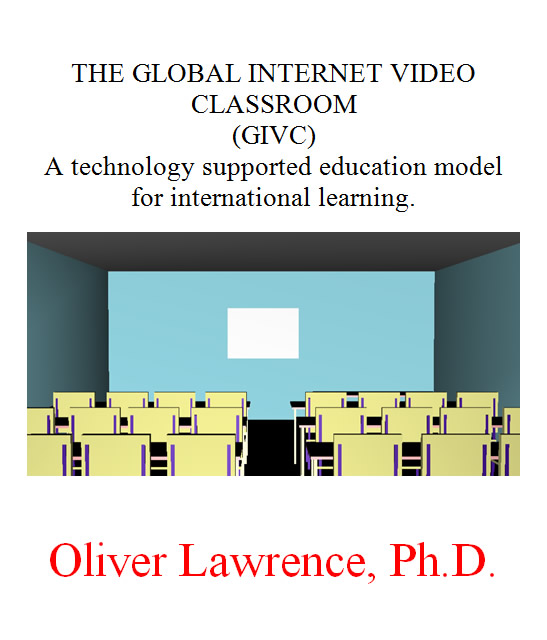
The Global Internet Video Classroom (GIVC): A technology supported education model for international learning.
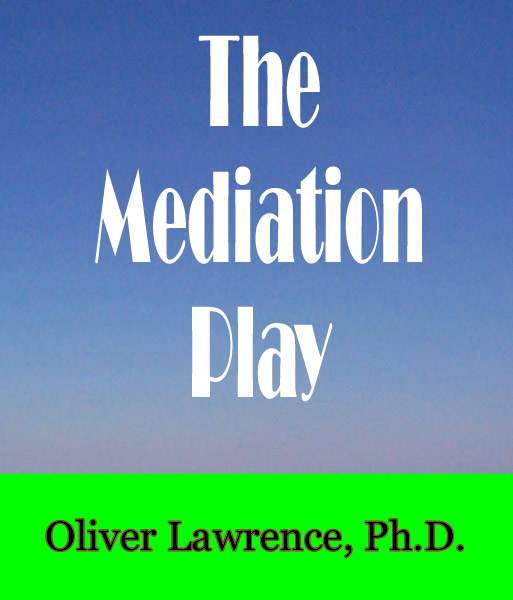
The Mediation Play
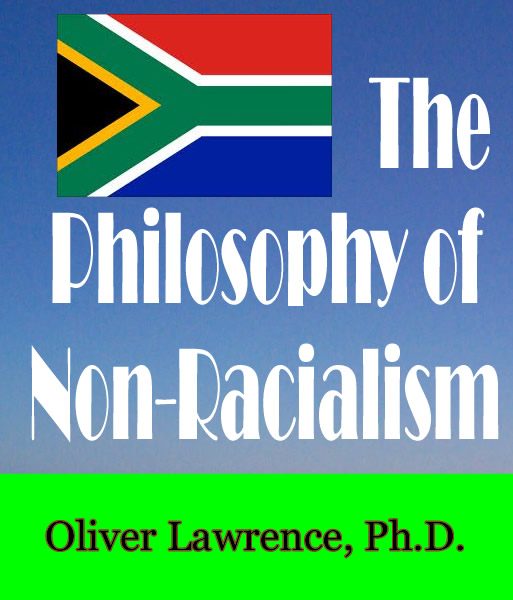
Non-Racialism
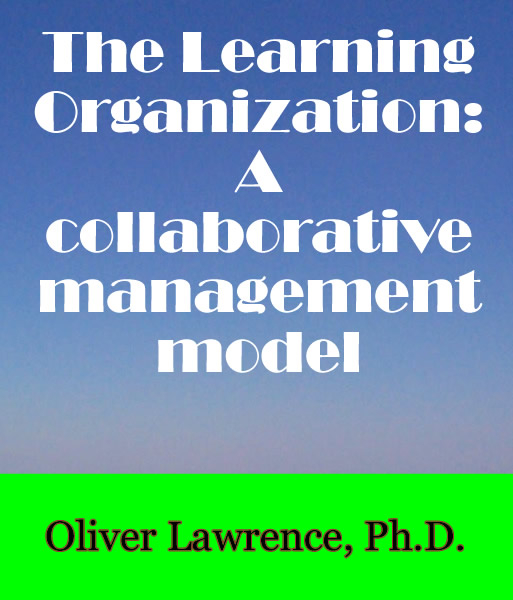
The Learning Organization
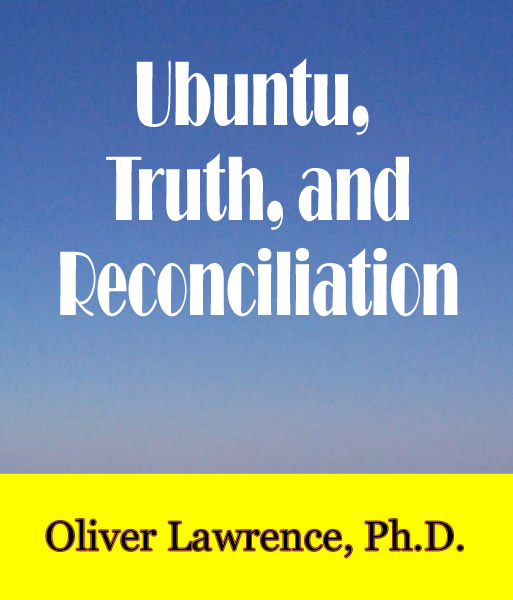
Ubuntu, Truth and Reconciliation
Tapping Natural Learning Systems

Tapping Natural Learning Systems
Learning occurs automatically in a natural learning system. Socrates advised one should "know thyself", Aristotle believed that "all men by nature need to know", and Descartes, tied knowledge and learning inwards by asserting, "I think; therefore I am." Learning is what the brain does. Learning is as natural for the brain as is breathing for the lungs. Learning how to use the language of one's culture is a universal phenomenon of stunning intellectual complexity. Individuals learn; institutions do not.
Learning is primarily defined as "to gain knowledge or understanding of or skill by study, instruction, or experience" in the Merriam-Webster Dictionary. Learning can involve memorizing, being able to perform a task or trade, coming to realization, or acquiring knowledge, skill, or a behavioral tendency. Learning can be acquired through acts of observation, imitation, and memorization (Merriam-Webster Dictionary, 2003). Howard Gardner became interested in learning from his own background working with brain-damaged children and savants and thinks organic or genetic learning is worthy of further study. In his groundbreaking book, he sets out his own ideas on learning and presents his ideas as a concept of
Multiple Intelligences. According to Gardner, Eric Kandel of Columbia University has been examining the simplest form of learning in aplysia (Gardener, 1983, p. 46). Some learned behavior may involve as few as 15 neurons (Gardner, 1983, p. 47). James Mark Baldwin (Baldwin, 1896) advanced the idea that evolution could be influenced by learning and Waddington (1942) uncovered principles of plasticity and flexibility, determination and canalization (Gardner, 1983, p. 48). Gardner also associates learning with the ability to gain knowledge and especially self-knowledge. He builds on the offerings of the past philosophers such as Socrates who advised one should "know thyself", Aristotle who believed that "all men by nature need to know", and Descartes, who tied knowledge and learning inwards by asserting, "I think; therefore I am." (Gardner, 1983, p. 6). As he drew widely from his own European traditional knowledge of the past, Gardner also draws from knowledge across the world. The Hindu Upanishads, he points out, actually describe seven kinds of knowledge (Gardener, 1983, p. 14).
Howard Gardner introduced seven learning styles. They are: linguistic, logical mathematical, spatial, musical, bodily kinesthetic, interpersonal, and intrapersonal. The learning styles are termed multiple intelligences and are seven different ways to demonstrate intellectual ability (Gardner, 1983). Learning has also been defined as the process of behavior modification through experience (Baker and Francis, 1998). Learning can be described as normally a relatively permanent change that occurs in behavior as a result of experience. Drawing on the empiricist tradition, behaviorists conceptualized learning as a process of forming connections between stimuli and responses. Motivation to learn was assumed to be driven primarily by drives, such as hunger, and the availability of external forces, such as rewards and punishments (Bransford, Brown & Cocking, 1999; Skinner, 1950; Thorndike, 1913).